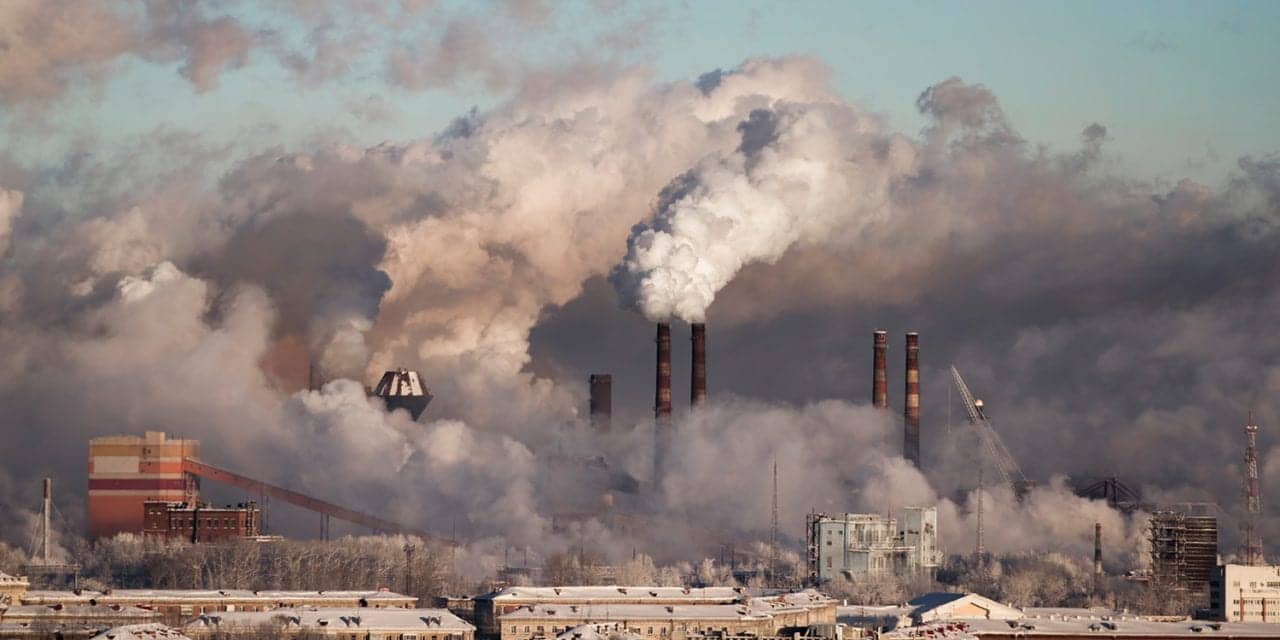An environmental study found that air pollution from the oil and gas sector in the United States has substantial adverse impacts on air quality, human health, and health costs.
According to research from Boston University School of Public Health, the pollutants nitrogen oxide , fine particulate matter (PM2.5) and ozone (O3) from U.S. oil and gas production contributed to 7,500 excess deaths, 410,000 asthma attacks, and 2,200 new cases of childhood asthma across the U.S. in 2016. Factoring in related respiratory and cardiovascular-related hospitalizations, adverse pregnancy outcomes, and other health challenges, oil and gas production was responsible for $77 billion in annual health costs. Comparatively, this total is three times the estimated climate impact costs of methane emissions from oil and gas operations.
These impacts were largely concentrated in areas with significant oil and gas production, such as southwest Pennsylvania, Texas, and Eastern Colorado. But the health effects also extended into densely populated cities with little or no gas activity, such as Chicago, New York City, Baltimore, Washington DC, and Orlando.
The study results suggest that O&G emissions reduction policies, such as the forthcoming EPA methane regulations, may produce immediate and significant air quality benefits to human health along with significant climate benefits. The researchers urge policymakers to consider these “co-benefits” in future emissions reduction strategies. They also stress that strategies that focus on end-of-pipe pollution controls during combustion—such as in power plants, vehicles, buildings, and industry—are only addressing part of the problem.








